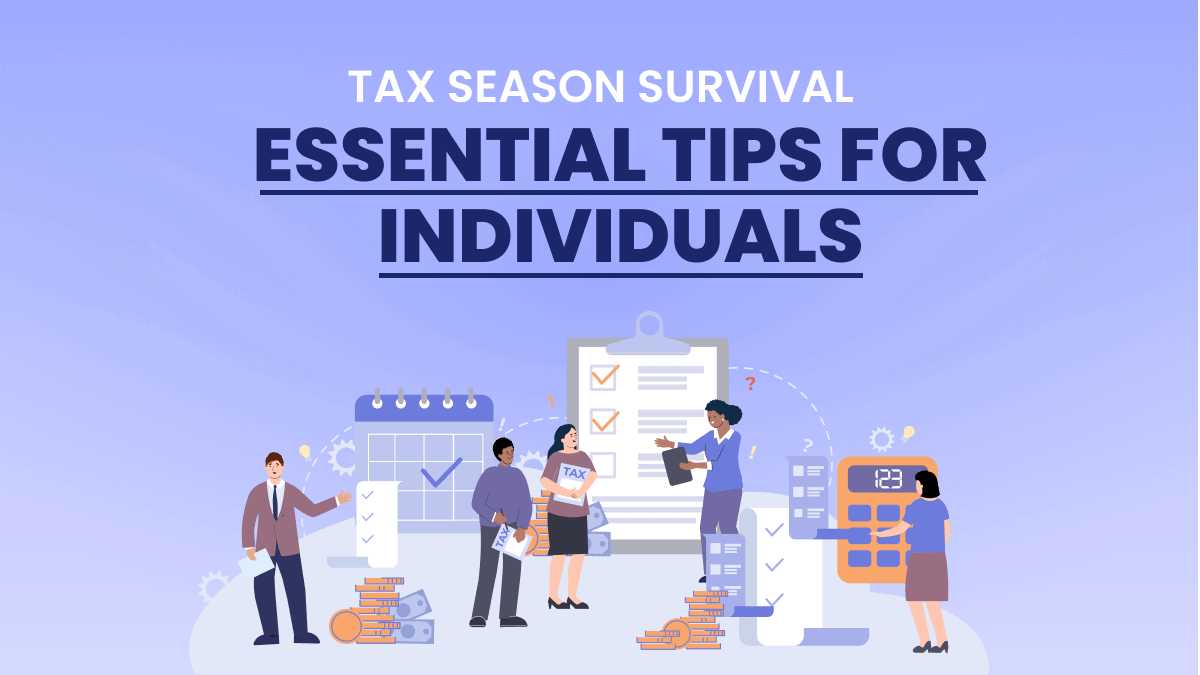Navigating the complexities of tax season in the United States demands a blend of vigilance, organization, and strategic foresight. This annual ritual, while often daunting, plays a critical role in an individual’s financial ecosystem, ensuring compliance with federal tax obligations and potentially unlocking opportunities for financial savings.
Understanding Tax Season
At the heart of tax season is the imperative for individuals to prepare and submit their tax returns to the Internal Revenue Service (IRS). This period is pivotal as it directly impacts one’s financial standing and adherence to federal mandates. The linchpin of this season is April 15th, traditionally the deadline for filing tax returns, although exceptions and extensions can alter this timeline.
Embarking on this journey requires familiarity with a suite of tax forms and documents. The Form 1040 serves as the cornerstone for individual taxpayers, encapsulating their income, deductions, and credits. Supplementing this are W-2 forms, which delineate earnings from employers, and an array of 1099 forms, capturing diverse income streams such as freelance earnings, interest, and dividends. The confluence of these documents forms the bedrock of one’s tax narrative, necessitating meticulous preparation and understanding.
Organizing Your Documents
The chaos often associated with tax preparation can be mitigated by a disciplined approach to document organization. The essence of this strategy lies in assembling a comprehensive dossier of financial statements, receipts, and pertinent forms that collectively narrate one’s financial transactions over the year. This not only streamlines the tax filing process but also serves as a bulwark against oversight and errors, ensuring a more serene journey through tax season.
Maximizing Deductions and Credits
A reasonable approach to deductions and credits can markedly attenuate one’s tax liability. Deductions, which reduce taxable income, span a gamut from educational expenses to health care costs and charitable contributions. Credits, offering a direct diminution of taxes owed, present another avenue for financial optimization. Instruments such as the Child Tax Credit and the American Opportunity Tax Credit stand as testaments to the government’s provisions for alleviating taxpayers’ burdens. Navigating this complex landscape with acumen can yield significant financial reprieve.
Pros of Professional Assistance
The labyrinth of tax laws and provisions can sometimes be best navigated with professional guidance. Tax experts not only elucidate the intricacies of maximizing deductions and navigating complex tax scenarios but also provide a safeguard against the pitfalls of non-compliance. Their expertise is particularly invaluable in intricate situations, such as navigating capital gains taxes or the nuances of freelance income, ensuring both optimization of returns and adherence to regulatory mandates.
Avoiding Common Mistakes
The path of tax filing is strewn with potential pitfalls, from inadvertent omissions to miscalculations. Such errors can precipitate a range of adverse outcomes, including audits and financial penalties. A meticulous review of one’s tax return, coupled with an informed approach to claiming deductions and reporting income, is paramount in circumventing these common pitfalls, ensuring a smoother tax filing experience.
Planning for Next Year
The sage adage of “a stitch in time saves nine” resonates profoundly when it comes to tax planning. A proactive, year-round approach to tax management—encompassing diligent record-keeping and strategic financial decisions—can significantly ease the burden of tax season. This includes regular reviews of withholdings and contributions, ensuring they align with one’s current financial landscape and future objectives. Such foresight not only mitigates the risk of unexpected tax liabilities but also paves the way for a more predictable and manageable financial future.
In conclusion, mastering tax season requires a confluence of diligent preparation, strategic acumen, and proactive planning. By embracing these principles, individuals can transform the daunting task of tax filing into an opportunity for financial optimization, ensuring not only compliance with tax laws but also a more favorable financial outlook.


